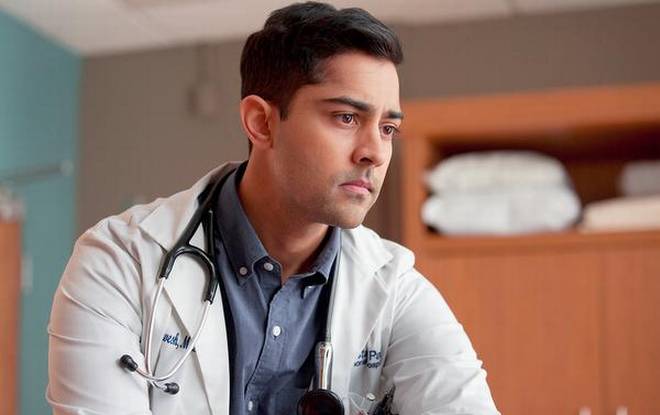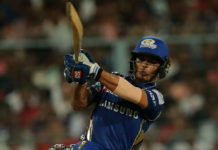Manish Dayal on playing an intern in hospital drama, The Resident, his front row seat to medical politics
As far as medical dramas go, we’ve seen a fair share: from Grey’s Anatomy and ER to General Hospital. House M.D., with its Sherlockian medical mysteries, is an exception. Fox’s The Resident, the newest kid on the block, might just be an another according to one of its lead actors, Manish Dayal.
“A front row seat to medical politics”, is how he describes it on a phone call from Los Angeles. Dayal, who has starred in a string of shows like Rubicon, Halt and Catch Fire, and 90210, plays Dr Devon Pravesh, a young, idealistic intern. Pravesh walks into Chastain Park Memorial Hospital with set notions about how medicine should be, only to be rather rudely inducted into the business of being a doctor by his resident, Conrad Hawkins, played by The Good Wife alum, Matt Czuchry.
The show also stars Bruce Greenwood (who played Captain Pike in the recent Star Trek films) as Dr Randolph Bell, gently nicknamed HODAD – Hands of Death and Destruction, and Emily VanCamp, from the ABC drama Revenge, as a nurse, Nicolette Nevin. “The Resident talks about the corrupting role of money in medicine. Healthcare is also a business in the United States and the series shows us that side of the system,” says Dayal.
The American dream
Dayal’s character is the picture of the American dream. “Pravesh is a kid who grew up in Queens: a first generation immigrant, a Gujarati. He works very hard, only to realise that this bravado he carries, all of this academic success, is not going to help him be the best doctor,” he says, adding, “He realises there is a complex reality that he’s going have to face.”
The actor, like his character, is also Gujarati and a first-generation South Asian American. And predictably, he found zero on-screen references for a character like Pravesh. “So I looked to my peers. If you think about it, we (South Asians) overwhelm medical schools and ICUs all over the country,” he says.
Directorial début
The year 2010 was a breakout year for Dayal. He had starred in several short films and had a guest role on CSI: Los Angeles and Outsourced. But his big break came in Rubicon, where he played a code-breaker and an analyst. 90210 came in 2011, where he starred as Raj, a student recovering from cancer.
And unlike The Resident’s Pravesh, who seems very rooted at first glance, Raj did not, in Dayal’s words, “have to depend on his ethnicity at all”. He says, “It was huge because that Raj was devoid of any sort of ethnic reference. It was a place for me to spotlight what it means to be a young American in America today.”
That theme is also something Dayal explores in his short film, Fifteen Years Later, which he has both directed and acted in. Screened at the Indian Film Festival of Los Angeles in April this year, it explores race relations and police brutality in a post-9/11 America. “It’s a very sad and dark story about two friends who are affected by this in two very different ways. I thought it would be interesting to see their perspectives and tell a story that I hope is an education on race and law enforcement,” he says.
Bollywood inspirations
In between his TV shows, Dayal has also starred in two films: The Hundred Foot Journey and Viceroy’s House. He worked with Indian cinema veteran Om Puri in both of them.
“Om ji was a huge influence in my life and losing him was difficult. Working with him felt like a masterclass because I learnt so much.” The actor, who chooses to put the story first and does not discriminate between Hollywood and Hindi cinema, remains tight-lipped about his future plans, except that his character in The Resident might be at a crossroads by the end of season one. So for all his bright-eyed earnestness, does Hawkins’ cynicism finally get to Pravesh? “I wish I could tell you. His disillusionment with medicine might continue or he could go the other way and remain a doctor who retains his optimism,” he concludes.

 India
India



















